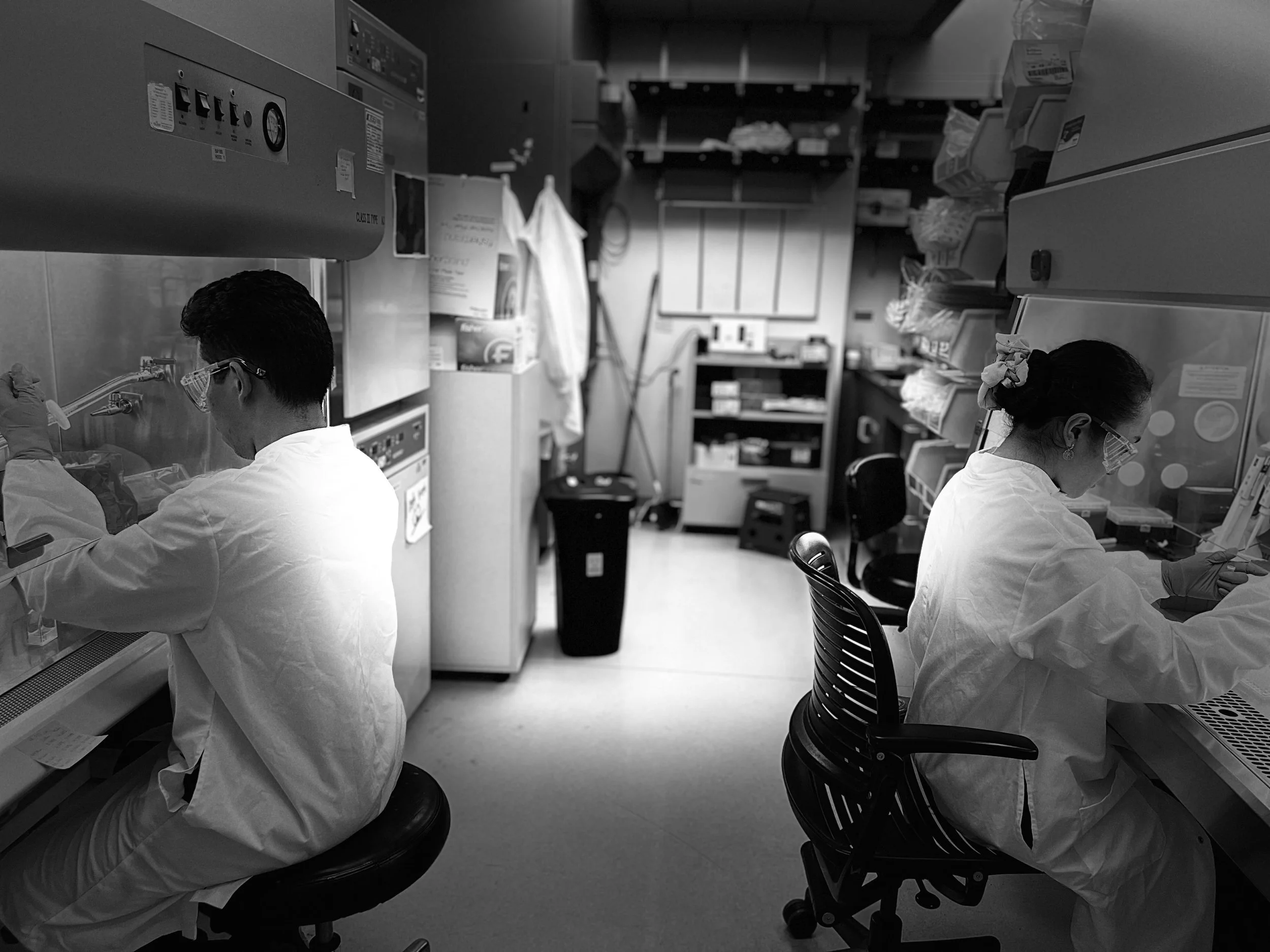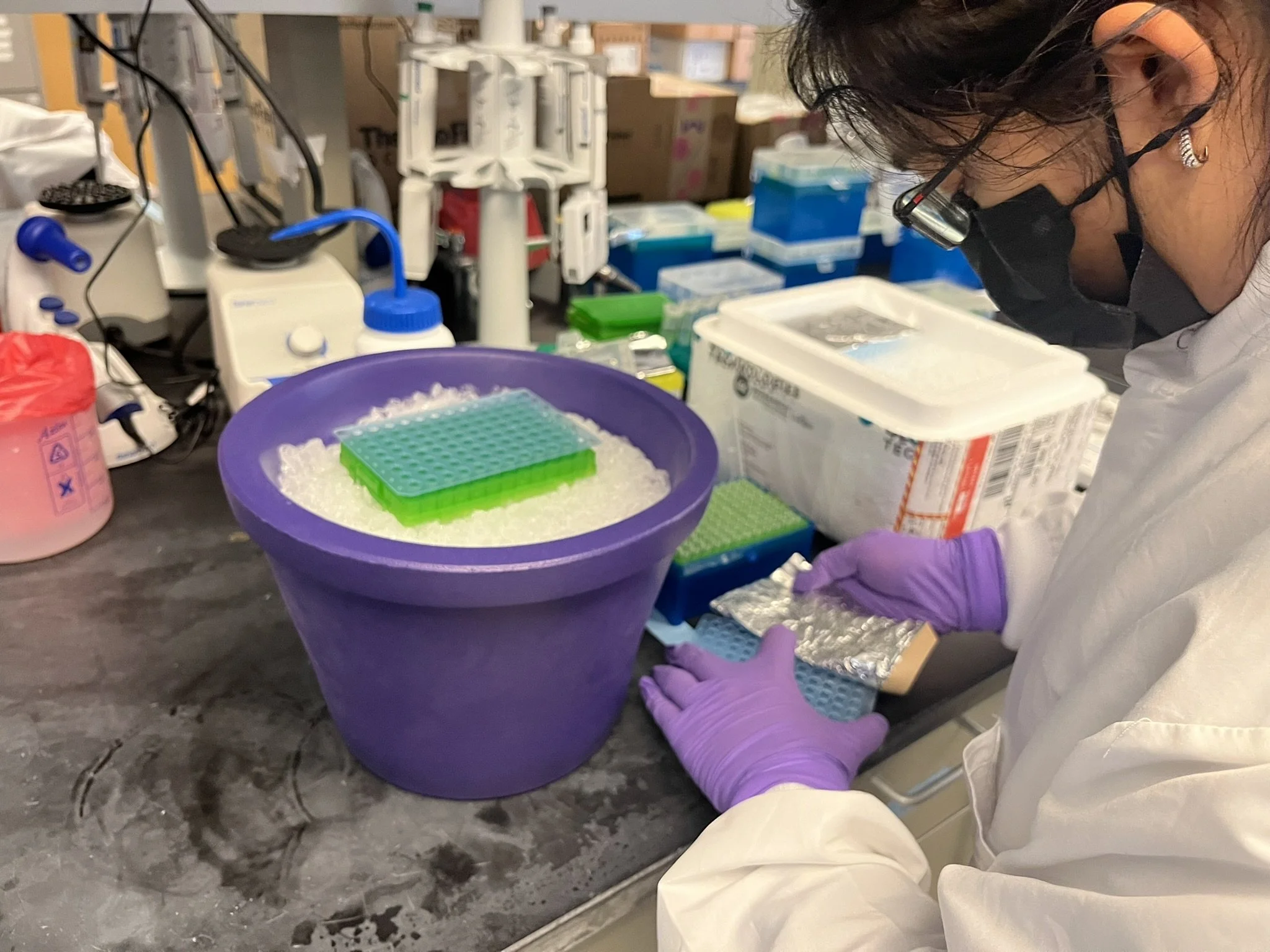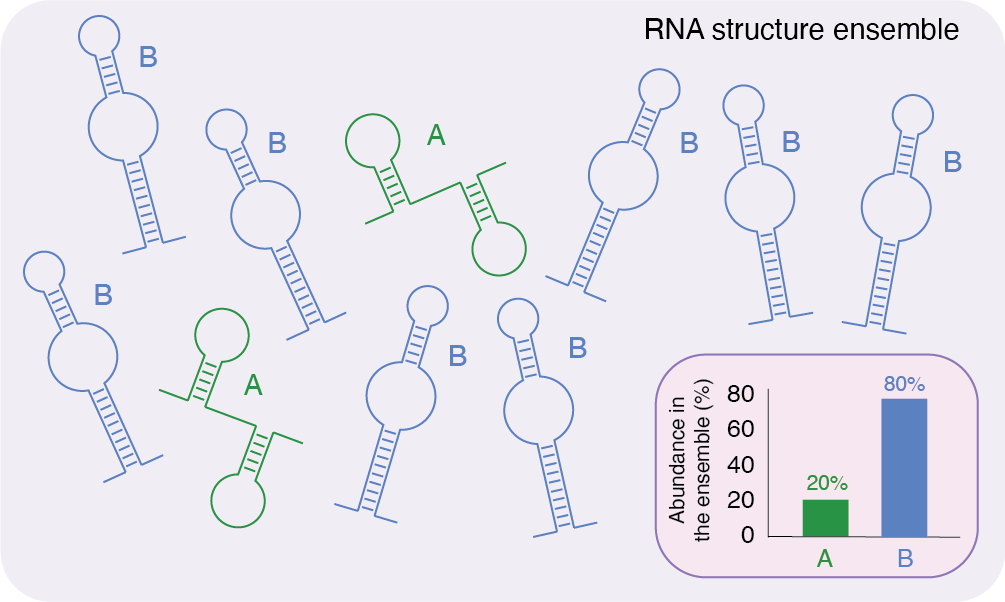
Our Research
TKL Research Program
The Kamariza Lab integrates carbohydrate chemistry, nucleic acid structural biology, and molecular engineering to create novel platforms for probing, detecting, and manipulating complex biological systems. Our central mission is to design predictable, versatile, and high-performance molecular tools that expand our understanding of biomolecular interactions, microbial physiology, and RNA biology.
Our research bridges chemical biology, synthetic biology, and molecular engineering, with the overarching goal of developing innovative strategies to visualize, quantify, and control biological processes. By focusing on fundamental molecular mechanisms, we aim to deliver technologies that are both rigorous in design and broadly applicable across scientific disciplines.
1. Trehalose-based fluorescent probes.
We are advancing solvatochromic trehalose analogs as chemical probes to interrogate microbial cell envelope assembly and metabolism. These fluorogenic sensors leverage trehalose incorporation pathways to selectively label live bacteria, enabling real-time visualization of cell wall dynamics and phenotypic responses. Beyond applications in drug susceptibility testing, this work establishes a framework for precision chemical tools that illuminate carbohydrate–pathogen interactions.
2. CRISPR-Cas13 engineering for molecular sensing.
CRISPR-Cas13 systems provide a powerful foundation for programmable RNA detection. We are developing engineered Cas13 effectors and reaction architectures that achieve high sensitivity, scalable multiplexing, and discrimination between closely related nucleic acid targets. Our work integrates biochemical and structural insights into CRISPR enzymes to enhance their programmability, laying the foundation for next-generation molecular sensing technologies that extend well beyond diagnostics.
3. RNA structure as a molecular handle
RNA molecules are rich in structural features—loops, hairpins, and tertiary folds—that encode both functional and diagnostic information. We aim to engineer rationally designed fluorogenic probes that selectively bind and report on these structured RNAs in live systems, enabling amplification-free, background-free visualization of transcript dynamics. We combine transcriptomics, structural biology, and chemical probe development to chart the microbial 3D RNA landscape and uncover new principles of RNA-mediated regulation. This approach offers a path to novel RNA-targeted technologies across microbiology, genomics, and therapeutic design.
Outlook
By uniting chemical probe design, CRISPR engineering, and RNA structural biology, the Kamariza Lab aims to develop toolkits of molecular technologies that illuminate biology with high precision and versatility. Our long-term vision is to transform how we interrogate microbial physiology and RNA biology—delivering rigorous, broadly applicable approaches that drive discovery across the life sciences.




